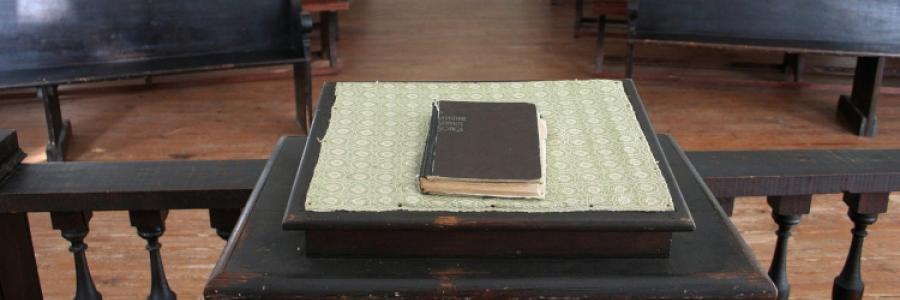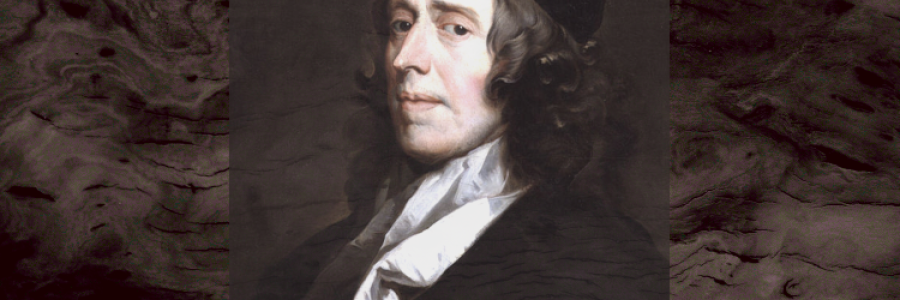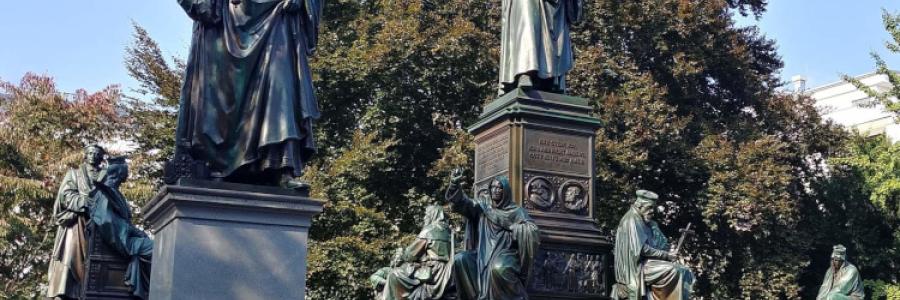Two Charlies: Darwin vs. Hodge - An imagined interview with Charles Hodge
Body
“Hodge also saw that science low on the ladder of abstraction, based on observing and measuring, is not in conflict with Christian belief—but “science” high on the ladder, with faith in things unseen like macro-evolution, is. Here’s my pretend 1874 interview with Hodge about Darwin. Hodge’s own words form the answers.” - Olasky




Discussion